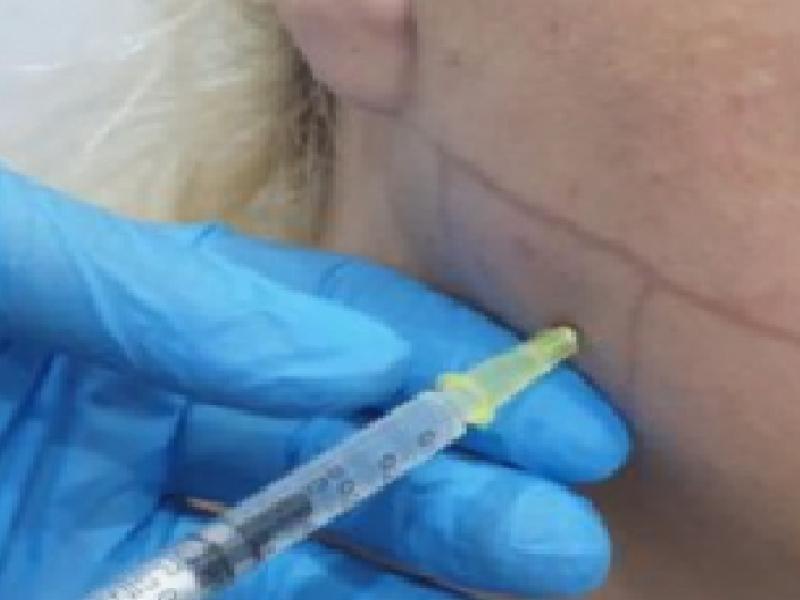Bruxism, also commonly known as clenching and/or grinding; It is characterized by clenching and/or grinding of the teeth, which develops involuntarily outside of our chewing movements. Bruxism can be seen while awake or asleep. Sleep bruxism, which occurs most often at night during sleep, is not noticed by the patient before some symptoms appear. Therefore, it is important to know the signs and symptoms of bruxism in order to increase the awareness of the person.
What causes bruxism?
The reasons thought to be effective on bruxism are still not fully explained. However, it is thought to be caused by the combination of many genetic, physical and psychological causes. Bruxism may be caused by psychological factors such as anxiety and stress in many people. However, in some studies; It has been reported that neurological and psychiatric diseases such as Parkinson’s disease, dementia, epilepsy, sleep-related disorders such as night terrors, sleep apnea and attention deficit-hyperactivity disorder cause bruxism or bruxism is observed in individuals with such disorders.
Bruxism can develop as a side effect of antidepressant drugs. Also, using cigarettes, alcohol and addictive substances can increase the risk of bruxism.
What Are the Symptoms of Bruxism?
Among the symptoms of bruxism, damage to the teeth such as sensitivity, breakage, abrasion and shaking, and gum disease can be seen. Jaw pain and limitation of movement in the jaw joint, voice or jaw locking in the jaw joint, headache, neck pain, chronic headache complaints are among the symptoms of bruxism.
Bruxism Diagnosis and Treatment Methods
Because bruxism occurs only during sleep in many cases, patients may not be aware of the condition. Therefore, in advanced cases; Patients may be misdiagnosed due to complaints such as joint pain, ear pain, muscle pain and headache. The diagnosis of the disease is made by physical examination and history taken from the patient.
Treatment of bruxism; It depends on what is causing the problem. However, the primary aim of treatment is to prevent permanent damage to the teeth and jaw joint and to eliminate pain. Night plaque, which is used to prevent the contact of the teeth with each other during sleep, is an important tool used in the symptomatic treatment of bruxism. But while night plaque is a good option for managing bruxism, it is not a cure. Night plaques prevent tooth and tissue damage rather than affecting bruxism. In addition, it is not used regularly by many patients due to its difficulties in use.
If bruxism is thought to be due to sleep apnea or other sleep disorders, psychological factors such as stress and anxiety, imbalance in oral tissues, faulty prostheses, these underlying causes should be treated.
In general, the use of drugs for the treatment of bruxism is not very effective. However, in appropriate cases, the use of medical treatment may be appropriate.
Botulinum toxin, or botox, which has become an ideal treatment option for those suffering from bruxism in recent years, is a protein secreted by the bacterium called clostridium botulinum. This substance temporarily reduces or destroys the function of the muscle in the applied area. For this reason, it is used in the treatment of bruxism to relax the masseter and temporal (jaw and temple area) muscles. After the Botox method is applied, the muscles begin to relax 2-3 days later. It reaches its maximum level in 15 days and this effect lasts for about 4-6 months. Botox treatment is not aimed at the cause, but to eliminate the symptoms.

